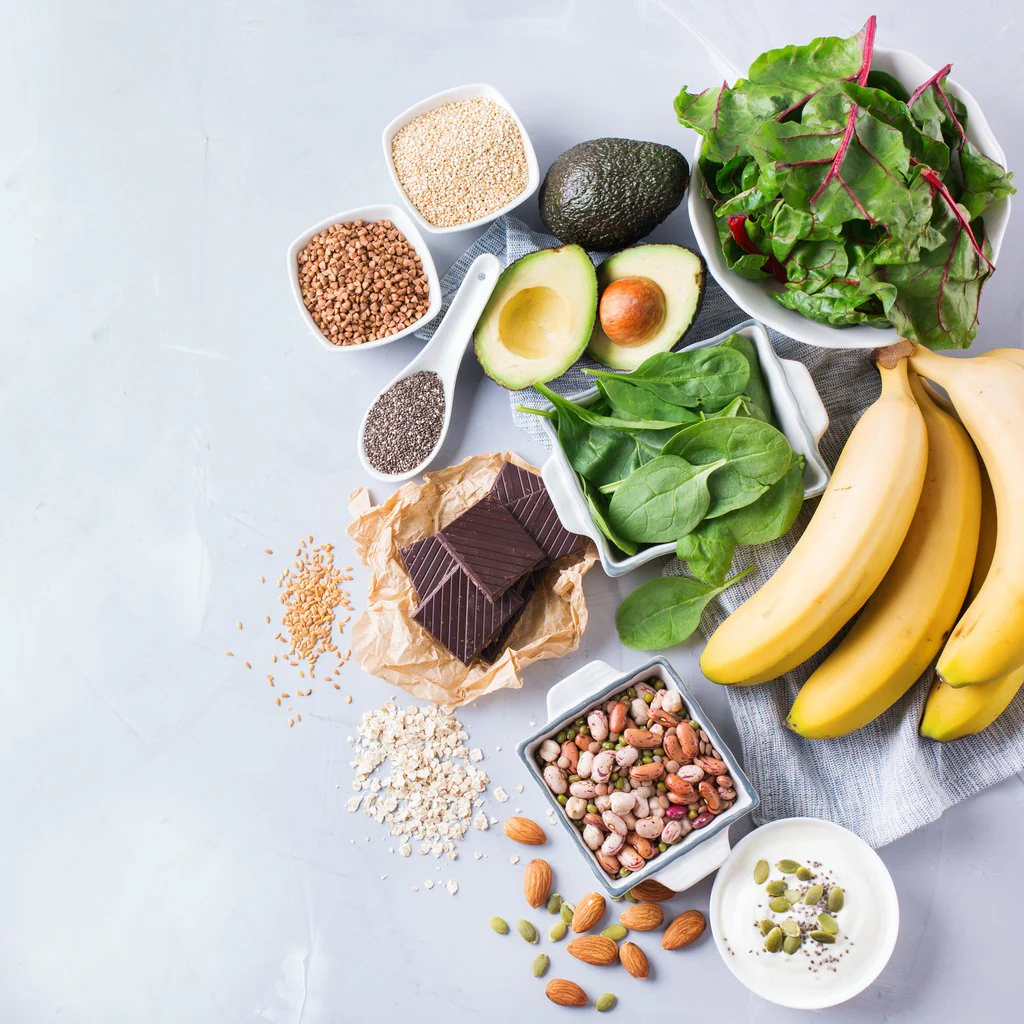
- Health advice
- May 20, 2016
Many people suffering from bloating or constipation may resort to adding more fibre to their diets, although this is not always the best solution. This fact becomes especially confusing in the case of vegetables, which can reduce bloating if your gut is healthy. However, if your gut is not healthy, vegetables can make bloating worse.
What causes Bloating?
Bloating is often caused by swallowing extra air. This usually comes about by drinking through a straw, chewing gum, or drinking carbonated beverages. Overeating, eating too quickly, or not chewing your food enough are additional causes. An insufficient amount of good bacteria in your intestines can also lead to bloating. Those good bacteria help digest your food, but if there are not enough of them, your food will not pass through your intestines as quickly. As a result, gas builds up in the gut producing bloating. Foods that contain starch, sugar, or sweeteners promote bloating as well. Common examples of sweeteners include fructose and sorbitol.
Fibre is not always the answer…
When it comes to digestive health, fibre is often celebrated as the “sure-fix” ingredient. However, fibre has the ability to help or hurt your digestive health. And it all depends on which form of bacteria dominates your gut. Since your digestive system cannot break down fibre, your gut bacteria break down fibre for you. This beneficial relationship helps you as well as the bacteria, because fibre promotes bacterial growth. So...
- If good bacteria outnumber bad bacteria in your colon, then fibre improves digestive health and reduces bloating by increasing your good bacteria
- If bad bacteria outnumber good bacteria in your colon, then fibre harms digestive health and expands bloating by increasing your bad bacteria
What are the best sources of fibre?
Once you know your colon is in good condition, you should by all means try to consume 32 grams of fibre per day. And keep in mind that the majority of your fibre should come from vegetables, fruits, nuts, and seeds. Fibre from grains, legumes, and dairy products (if you are lactose intolerant) tend to promote bloating. You also want to eat a nice balance of soluble and insoluble fibre. Soluble fibre dissolves into a gel-like substance within the digestive tract and slows digestion. This makes you feel full longer making it easier to control your weight. Insoluble fibre does not dissolve at all, but adds bulk to your stool instead.
Expand your ideas about fibre and digestion
For soluble fibre try blueberries, beans, cucumbers, and nuts. For insoluble fibre try carrots, celery, dark green leafy vegetables, and green beans. Psyllium seek husk and flax also make excellent sources of fibre. For best results, make sure to drink plenty of water and increase your vegetable intake gradually. Adding too many vegetables too soon may cause bloating or other digestive tract issues. For more information, feel free to ‘Ask a Naturopath’.






